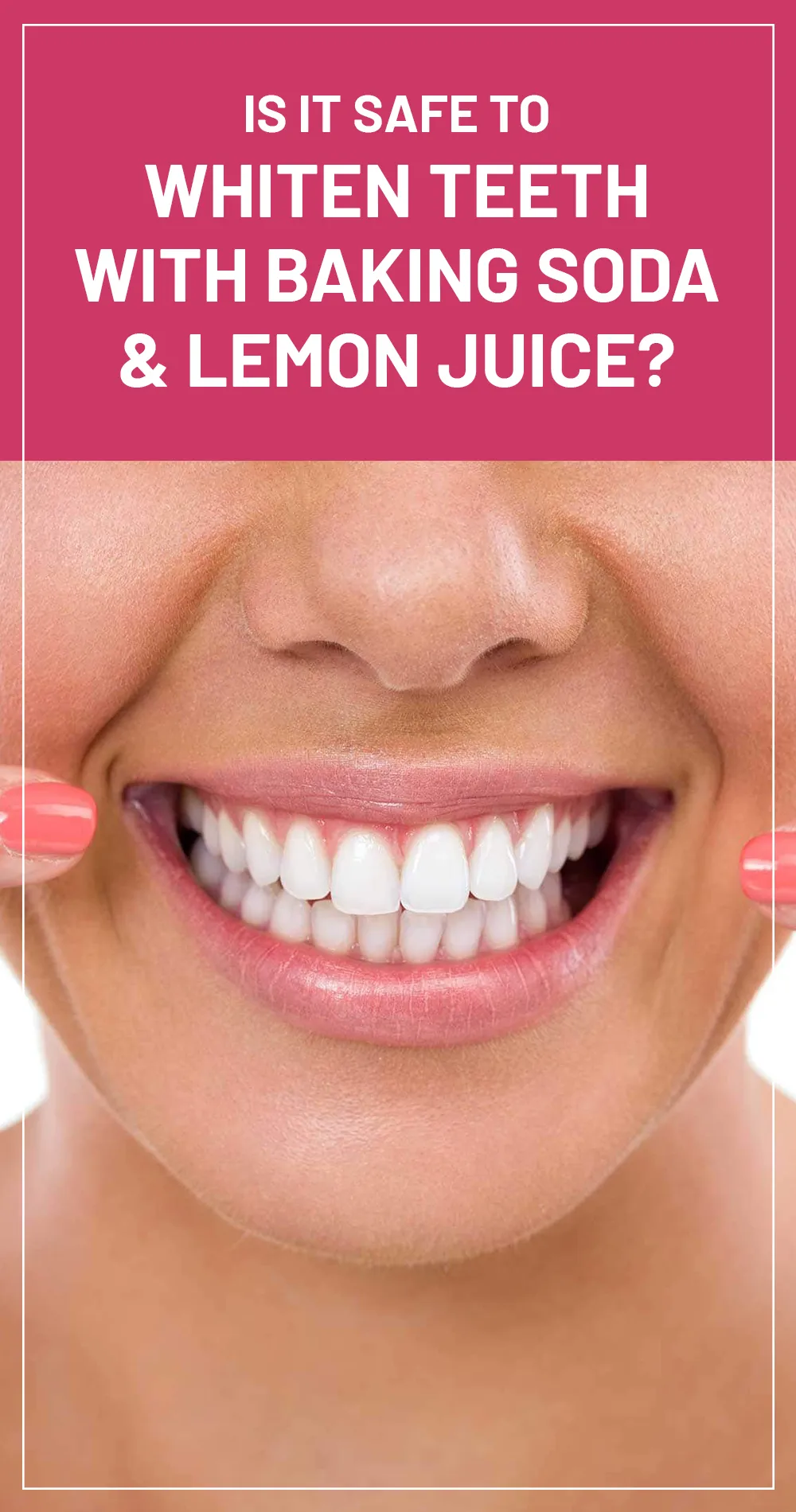Why Use Lemon Juice for Teeth Whitening
The allure of a brighter, whiter smile is universal and a significant driver for cosmetic dentistry and home remedies. Among the myriad of DIY solutions, lemon juice has emerged as a popular choice for teeth whitening. Its accessibility, affordability, and perceived effectiveness make it an appealing option for those seeking a quick fix. However, before you start squeezing lemons, it’s crucial to understand both the potential benefits and the significant risks associated with this method. This guide delves into the science behind lemon juice’s effect on teeth, the pros and cons of its use, and provides a step-by-step guide for anyone considering this approach. We will explore other safer methods too.
Understanding the Science
To comprehend how lemon juice interacts with teeth, it’s essential to understand its chemical composition and how it affects the structure of tooth enamel. The primary active component in lemon juice is citric acid, a naturally occurring acid found in citrus fruits. Citric acid is a potent cleaning agent and can dissolve certain types of stains. However, this very property can also lead to potential damage to the teeth. Understanding the science helps in making informed decisions about its use.
The Role of Citric Acid
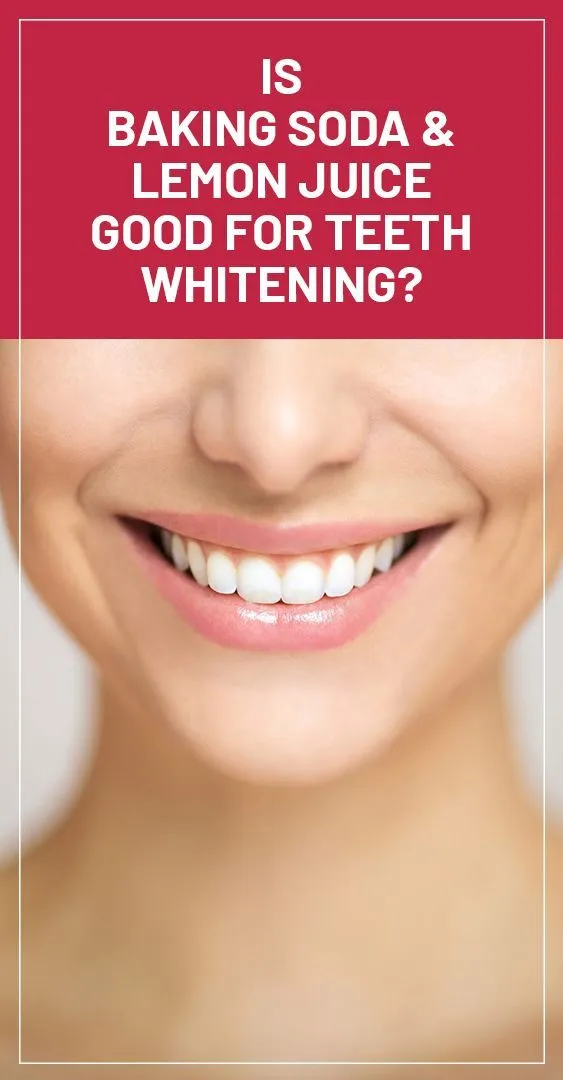
Citric acid acts as a natural bleaching agent due to its acidic nature. It works by breaking down the organic compounds responsible for staining on the tooth’s surface. This process can result in a temporary whitening effect. However, this process isn’t without drawbacks, especially when it comes to the long-term health of your teeth. Repeated or incorrect use can cause significant damage, emphasizing the need for caution and understanding.
How Lemon Juice Works on Enamel
Tooth enamel, the hard, protective outer layer of your teeth, is primarily composed of minerals. Citric acid can erode this enamel, making the teeth more porous and susceptible to staining over time. While it might initially seem like the lemon juice is ‘whitening’ your teeth, it’s actually thinning the protective layer. This can lead to increased sensitivity, and a higher chance of cavities as the underlying dentin, which is softer, is exposed to acids and bacteria.
The Pros of Using Lemon Juice for Whitening Teeth
Affordable and Accessible
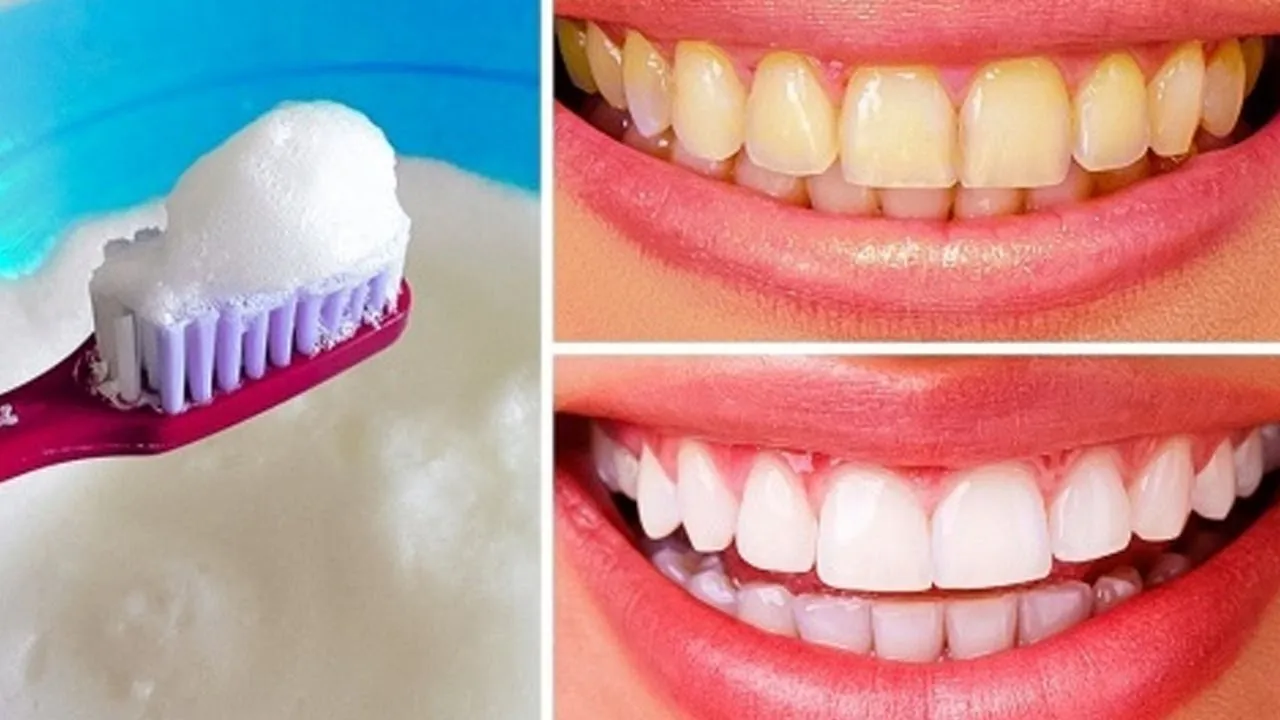
One of the main advantages of using lemon juice is its affordability and accessibility. Lemons are inexpensive and readily available in most grocery stores, making it an accessible teeth-whitening solution for anyone on a budget. This convenience is a significant draw for people who want to improve their smile without investing in expensive professional treatments or over-the-counter products. However, accessibility should not override safety considerations.
Natural Teeth Whitening Alternative
For those who prefer natural remedies, lemon juice is an attractive option. The appeal of using a substance derived from nature, without the use of harsh chemicals, is strong. Many people see it as a safer and gentler alternative to commercial teeth-whitening products, though this perception isn’t always accurate. The natural aspect adds to its appeal, but it’s vital to balance this with scientific understanding and potential health risks.
Potential Benefits of Lemon Juice
In the short term, lemon juice can help remove surface stains, leading to a brighter smile. It may also provide a temporary feeling of cleanliness due to its antibacterial properties, which can help freshen breath. However, these benefits are fleeting, and the potential drawbacks often outweigh the temporary advantages. Thorough consideration of both the pros and cons is essential before deciding on lemon juice for teeth whitening.
The Cons of Using Lemon Juice for Whitening Teeth
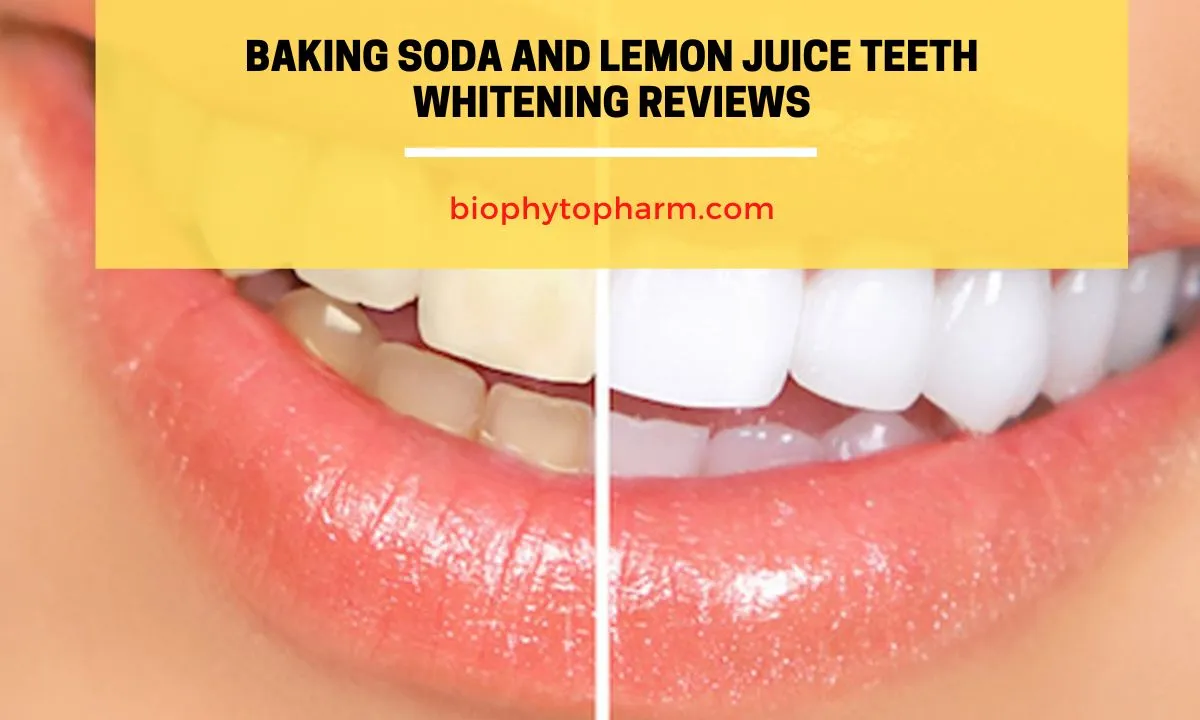
Erosion of Enamel
The most significant downside of using lemon juice for teeth whitening is the erosion of tooth enamel. Citric acid is highly acidic and can dissolve the minerals that make up enamel. This erosion can lead to several problems, including increased sensitivity to hot and cold foods and drinks. Additionally, once the enamel is damaged, it cannot regenerate. This makes your teeth more susceptible to decay and staining. The long-term consequences of enamel erosion can be severe, requiring extensive dental treatments.
Sensitivity Issues
As the enamel thins, the underlying dentin, which contains tubules leading to the nerves, becomes exposed. This exposure results in increased sensitivity to temperature changes, making it painful to consume hot or cold items. This discomfort can significantly affect your quality of life and can be a persistent problem if enamel erosion continues. Managing this sensitivity can be costly, and it’s often best to avoid the problem altogether by using safer methods.
Risk of Tooth Decay
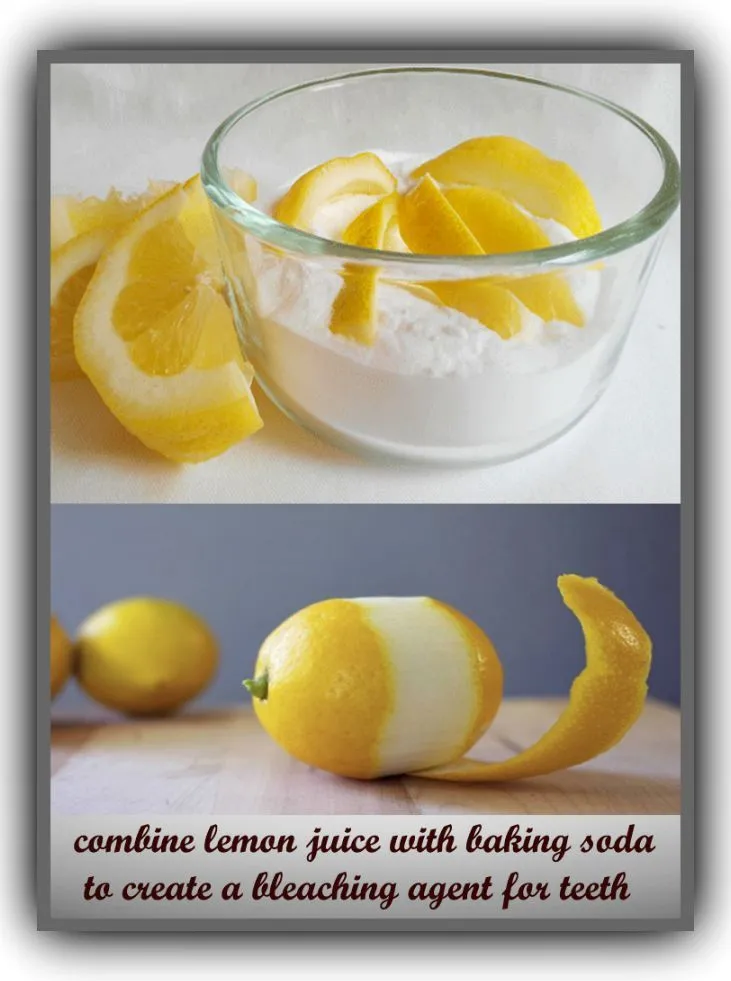
Enamel erosion also increases the risk of tooth decay. Enamel protects your teeth from bacteria that cause cavities. When this protective layer is compromised, bacteria can easily penetrate the tooth structure and lead to decay. This can lead to painful dental procedures like fillings, root canals, and even tooth loss. It’s therefore critical to consider the long-term dental health implications before using lemon juice for teeth whitening.
Step-by-Step Guide How to Use Lemon Juice
Preparation
If, despite the risks, you still wish to try lemon juice for teeth whitening, proper preparation is crucial. You should always dilute the lemon juice with water to reduce its acidity. A common recommendation is to mix equal parts lemon juice and water. Never use pure lemon juice directly on your teeth. It’s also advisable to brush your teeth thoroughly with fluoride toothpaste before and after using lemon juice, which can help protect the enamel. Furthermore, consulting with your dentist is always recommended before trying any DIY teeth-whitening method.
Application Techniques
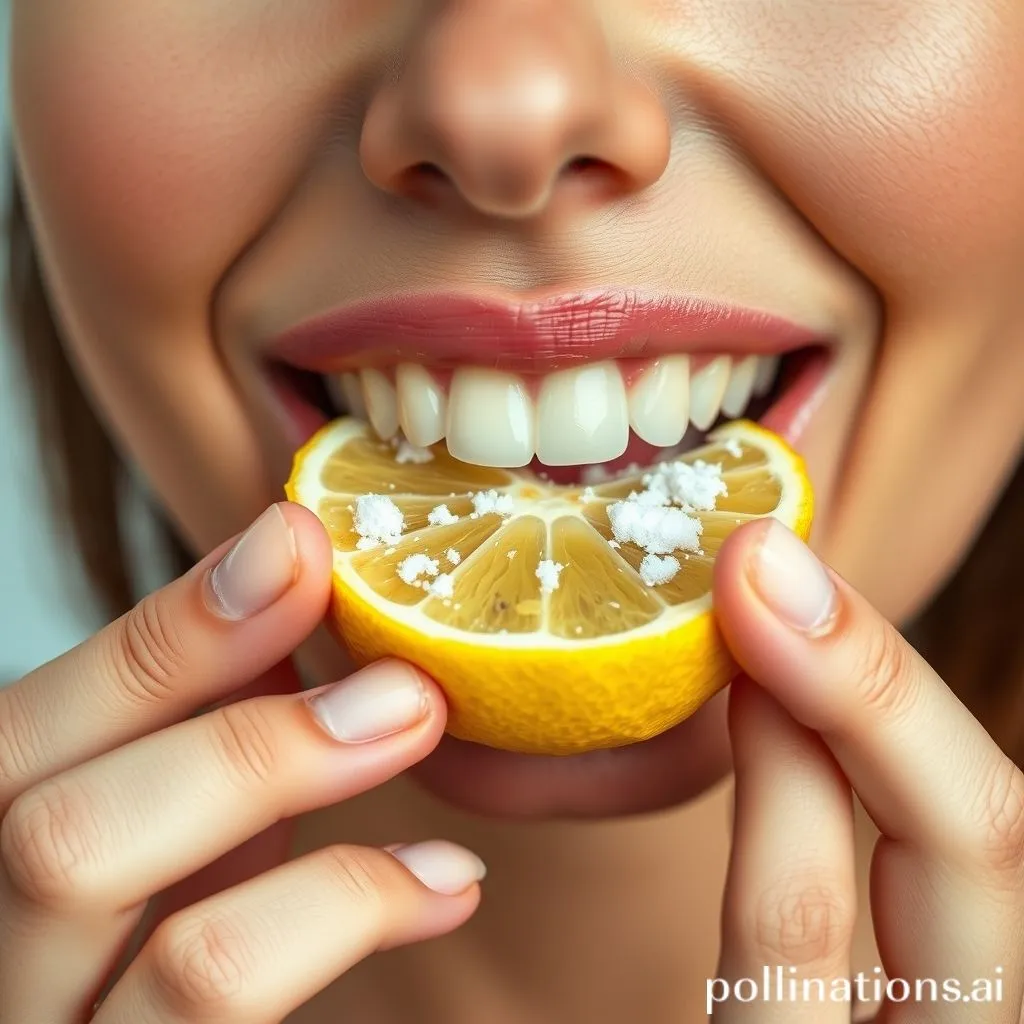
There are several application techniques, including using a cotton swab to apply the diluted lemon juice to your teeth or making a paste with baking soda. Another common method is to swish the diluted lemon juice around your mouth. However, this method is highly discouraged because it exposes all of your teeth to the acid. Regardless of the technique, ensure the contact time is minimal to limit enamel erosion. The less time the lemon juice is in contact with your teeth, the better.
Frequency and Duration
Limit the frequency and duration of lemon juice application to reduce the risk of damage. Avoid using lemon juice more than once a week. Each application should last for no more than a couple of minutes. After use, rinse your mouth thoroughly with water and brush your teeth with fluoride toothpaste. If you notice any increase in tooth sensitivity, discontinue use immediately and consult a dentist. This minimal use is a safety measure.
Safety Precautions
Dilution and Mixing
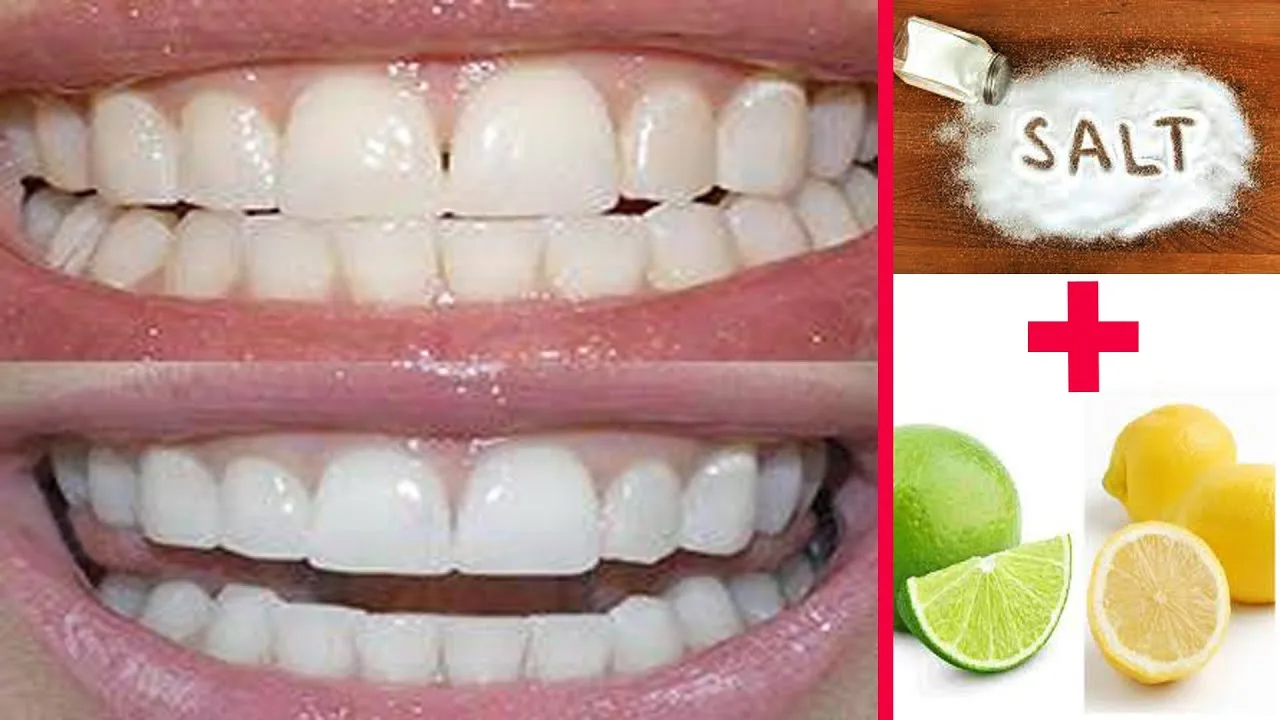
Always dilute lemon juice with water before applying it to your teeth. A 11 ratio of lemon juice to water is a common recommendation. You can experiment with baking soda as well, though it can be abrasive. Ensure a consistent mixture to avoid uneven exposure to the citric acid. Using a straw for drinking lemon water can reduce the impact of citric acid on your teeth. However, it is still not a safe method.
Consultation with a Dentist
Consulting with your dentist is essential before trying any DIY teeth-whitening method. Your dentist can assess the current condition of your teeth and provide personalized advice based on your oral health. They can also recommend safer and more effective teeth-whitening options. Regular dental check-ups are crucial for maintaining oral health, and your dentist can identify potential problems early. Professional advice will always outweigh any other method.
Alternative Teeth Whitening Options
Professional Teeth Whitening
Professional teeth whitening is the safest and most effective way to achieve a brighter smile. Dentists use high-concentration peroxide-based bleaching agents that are applied under controlled conditions. They can also offer custom-fitted trays for home use. The process is carefully monitored to minimize enamel damage and ensure optimal results. While more expensive than DIY methods, professional teeth whitening provides superior and safer results.
Over-the-Counter Products
There are numerous over-the-counter (OTC) teeth-whitening products available, including whitening toothpaste, strips, and gels. These products typically contain lower concentrations of bleaching agents compared to professional treatments, making them generally safer for home use. Always follow the product instructions and consult your dentist for advice. Look for products that carry the American Dental Association (ADA) Seal of Acceptance, indicating they meet safety and efficacy standards.
Maintaining a White Smile
Regardless of the teeth-whitening method you choose, maintaining a white smile requires consistent oral hygiene practices. Brush your teeth twice a day for two minutes each time with fluoride toothpaste. Floss daily to remove plaque and food particles from between your teeth. Regular dental check-ups and cleanings are essential for preventing stains and maintaining overall oral health. Limit the consumption of staining foods and beverages, such as coffee, tea, and red wine. Consider using a straw when drinking these beverages to minimize contact with your teeth. These practices can significantly help you retain your bright smile.
In conclusion, while lemon juice might offer a temporary whitening effect, the potential risks to your dental health far outweigh any short-term benefits. Prioritize safe, proven methods like professional teeth whitening or over-the-counter products with the ADA seal. Maintaining a consistent oral hygiene routine and consulting with your dentist will help you achieve and maintain a healthy, bright smile. Remember, your oral health is an investment.
